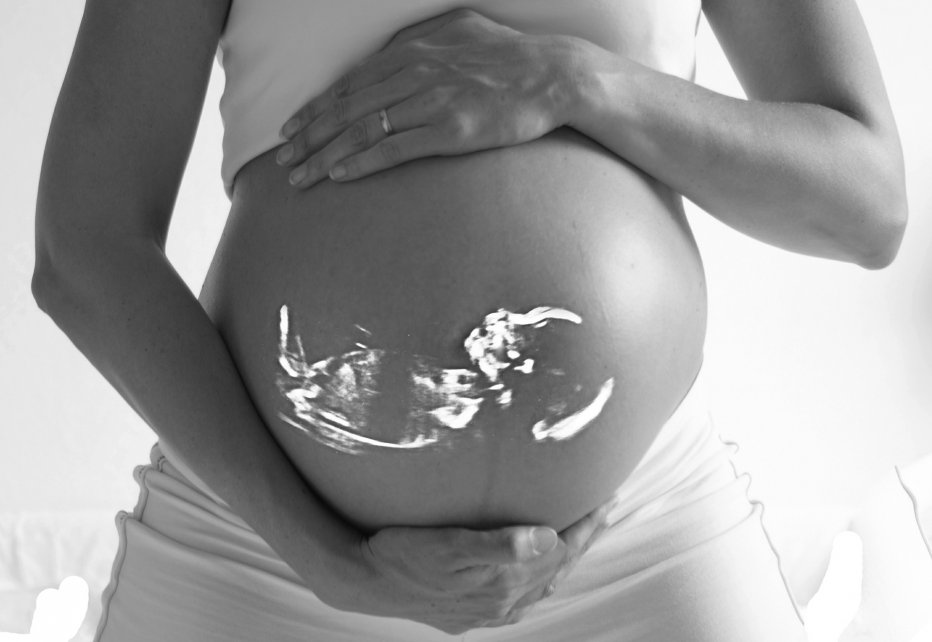Lifestyle Choices Influence Reproductive Health Through Epigenetics
Lifestyle choices are key to safeguarding your health, fertility and the health of future children. To optimize fertility, pregnancy and child health, professionals recommend a lifestyle that includes proper nutrition, regular exercise, stress management, limited alcohol consumption, and avoidance of drugs and tobacco.
Why is Our Lifestyle So Important?
These lifestyle choices are important as new studies show that the pre-conception health of men and women, along with the in utero environment, have a direct impact on epigenetic modifications, aka the epigenome, in sperm and oocytes (eggs). The sperm and oocyte epigenomes include biochemical information that is transmitted to the next generation, including modifications to DNA structural proteins called histones, and modifications to DNA directly. These epigenetic marks in turn influence how the DNA is used. The reproductive system’s developmental and functional processes strongly rely on dynamic, yet faithful, epigenetic mechanisms from early development to adulthood.
Where It All Begins
Before we are even born, our body is already preparing to create new life. As early as the second and third week of human embryonic development, establishment of the germline begins. The germline refers to the cells destined to become either sperm or oocytes.
Around weeks five and six, the sperm and oocyte precursor cells known as primordial germ cells (PGC), proliferate and migrate to the genital ridge of the developing embryo, the site which will become either the ovaries or testes. Migrating PGCs undergo a major epigenetic reprogramming during which there is global DNA demethylation, extensive remodelling of histone modifications, X chromosome reactivation and erasure of genomic imprints. This reprogramming activates a critical set of germline-specific genes and is imperative to ensure the proper transition from the PGC stage to the more specialized oogonia and spermatogonia stage upon localization within the developing gonads.
Between weeks seven to ten, oogonia and spermatogonia cells have colonized the fetal gonadal tissues, allowing for the next specialization step to begin through a process called gametogenesis. During the early stages of gametogenesis, sperm- and oocyte-specific epigenetic mechanisms establish sex-specific epigenetic signatures that are essential to make the last stretch towards becoming a mature sperm or oocyte. At puberty, mature sperm and oocytes possess unique epigenetic signatures that enable them to create an entirely new organism upon fertilization.
Epigenetics and Infertility
Throughout our reproductive years, epigenetic mechanisms continue to be an instrumental component of reproductive health in both men and women. Epigenetic mechanisms are susceptible to environmental exposures, such as stress, nutrition, alcohol consumption, drug usage, smoking, as well as assisted reproductive technologies. A good or bad lifestyle or environment will therefore have a positive or negative impact on our reproductive system.
A bad environment can lead to epigenetic damage that may contribute to a wide range of complex diseases, such as infertility and can have consequences for the development and health of future descendants. However, the way environmental factors influence the epigenome will often display sex-specific and interindividual variability, sometimes taking years before phenotypical symptoms arise, thereby making it difficult to establish the link between cause and effect. Scientists are working towards unravelling how parental environmental exposures are transmitted to children and developing preventative measures that can be incorporated into healthcare.
Infertility, in both men and women, has many contributors and often the cause is unknown, but it is becoming evident that epigenetic dysregulation may play a role in infertility. Taking into account epigenetic factors in reproductive healthcare and research will help resolve elusive questions, refine current clinical approaches and ultimately improve patient care.
Learn more
Epigenetic Regulation and Risk Factors During the Development of Human Gametes and Early Embryos
Epigenetics: A key paradigm in reproductive health

